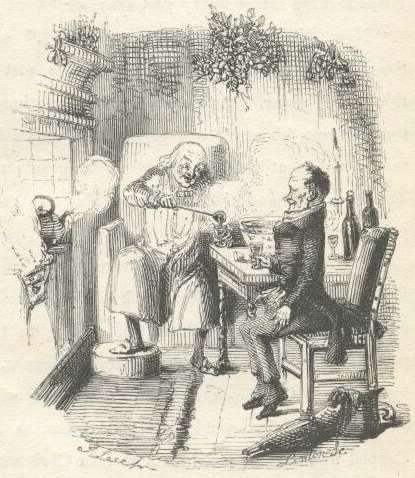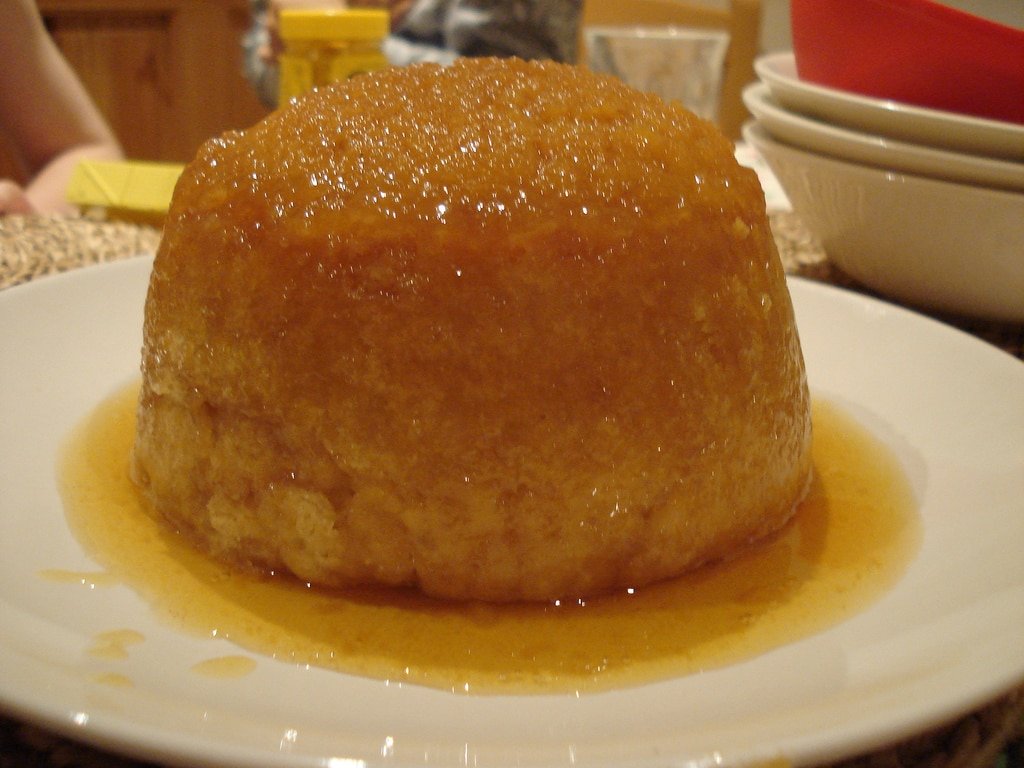
It’s all well and good to have a huge array of Christmas food on offer for your guests, but you’ve got to have a drink as well. The usual tea, coffee, and something a bit stronger are good. However, on a cold winter’s evening, or at a Christmas party, we can’t say no to a glass of mulled wine. It’s sweet but not too sweet. It’s warming. It’s perfect.
Various versions of mulled wine have been around since the time of the ancient Greeks. Hippocrates supposedly invented hippocras, a spiced wine with honey, as a medicinal tonic, although historians say it is more likely that his name was attributed later. Recipes for hippocras appear in English cookbooks well into the 16th century.
The Romans were probably the first to warm their wine during the harsh winters in northern Europe. Their version contained spices that we wouldn’t consider using today – bay leaves and pepper. By the Middle Ages, cloves, cinnamon, and oranges were more common additives. In addition to any medicinal benefits, they also helped to make the wine more palatable. The mulled wine of this era used either red or white wine. (Incidentally, the word “mull” first appeared in about 1618 and meant flavoured with spices.)
A Smoking Bishop

As mentioned in an earlier piece, Charles Dickens gave us many of our current Christmas traditions. He mentioned a variant of mulled wine in A Christmas Carol, one that has mostly fallen out of favour now:
“A merry Christmas, Bob!” said Scrooge, with an earnestness that could not be mistaken, as he clapped him on the back. “A merrier Christmas Bob, my good fellow, than I have given you, for many a year! I’ll raise your salary, and endeavour to assist your struggling family, and we will discuss your affairs this very afternoon, over a Christmas bowl of smoking bishop, Bob!”
The drink mentioned by Dickens was nothing new. Jonathan Swift mentioned it in a short rhyme more than hundred years earlier:
Come buy my fine oranges, sauce for your veal,
and charming, when squeezed in a pot of brown ale:
Well roasted, with sugar and wine in a cup,
They’ll make a sweet Bishop when gentlefolk sup.
Similar to mulled wine, the smoking bishop or bishop is so called because it contains oranges, roasted until black and smokey. These are added to a mix of port and sugar. Sometimes cloves may be added or the port can be mixed with a little red wine. The religious reference has several possible origins. The rich colour from the port bears a similarity to the bishop’s purple robes. Other historians posit that that beverage was drunk from glasses that mimicked a bishop’s mitre. Either way, the name was a way of poking fun at the church. British food historian Dr. Neil Buttery offers a recipe on his blog.

Mulled Wine Recipe
You can buy bottles of mulled wine or bags of mulling spices to add to your own wine. But making your own from scratch is so easy and lets you decide what spices you want to use. Feel free to adapt the recipe below to suit your own tastes.
- 2 bottles red wine
- 2 oranges
- 8 cloves
- 2 cinnamon sticks
- 3 star anise
- 300g sugar
- a generous splash of brandy or port
Put everything into a large pan and simmer over a very low heat for 15 to 20 minutes. DO NOT allow to boil. Low and gentle is key to this.
Take off the heat and leave for a few hours so that the flavours can all come together. When ready to serve, heat gently again (no boiling). Strain or leave a cinnamon stick in for a garnish.
Sip to warm your cockles. And Merry Christmas!



One thought on “Mulled Wine and a Smoking Bishop”
Comments are closed.